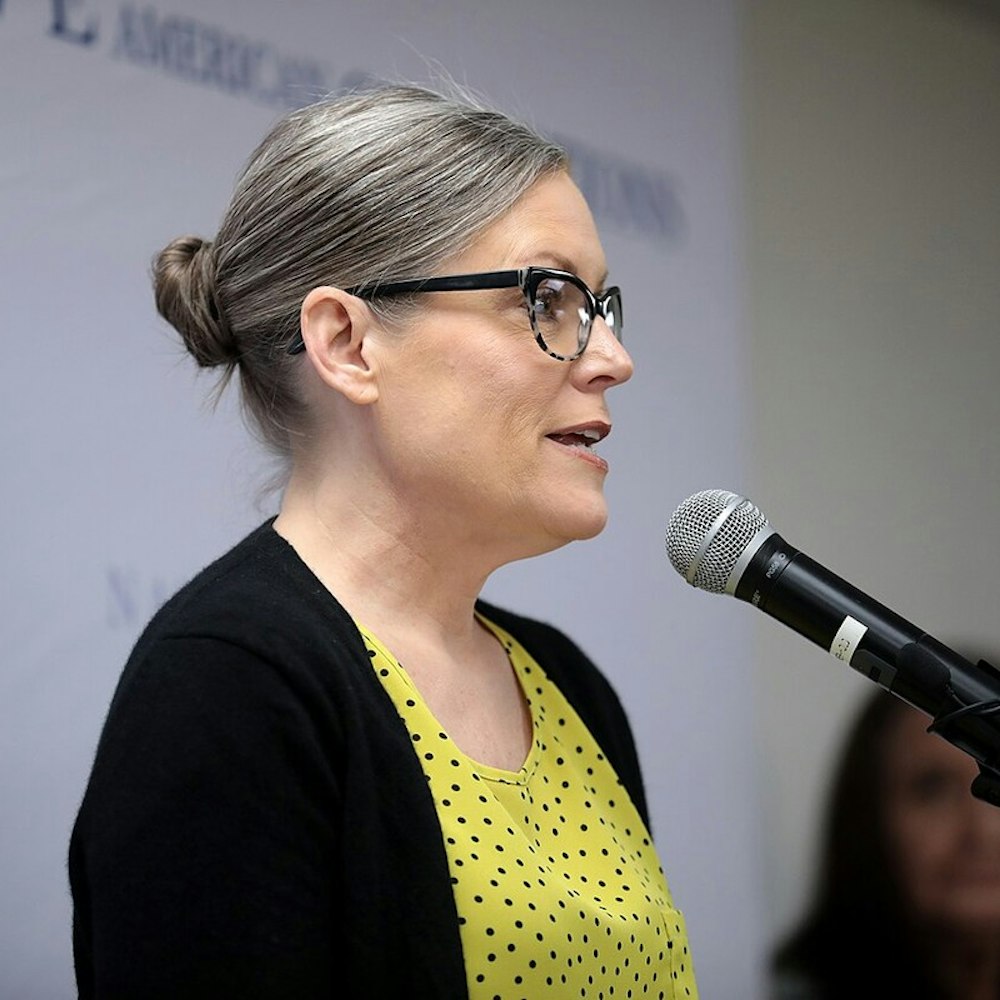
The exodus of community health workers, the troops on the front lines of America's public health defense, is on the rise. This diverse group, which makes up roughly 40% of non-white individuals, is experiencing a burgeoning turnover within state and local health departments. A University of Minnesota School of Public Health study brings to light the reasons community health workers are deciding to, quite simply, throw in the towel. According to data from the Public Health Interests and Needs Survey spanning 2017 to 2021, there's a troubling uptick in those looking to jump ship - from 25% to 28%.
The research, spotlighted by University of Minnesota News, indicates that while the number of community health workers has increased from 3,359 to 4,649 between 2017 and 2021, so have their intentions to leave. The researchers aim to understand the dynamics behind this trend, noting that dissatisfaction with organizational support, job security, or pay plays significant roles in their decisions. Indeed, 50% of those with exit plans pinned it on inadequate organizational support, while 42% were worried about job security, and 39% were dissatisfied with their pay.
Chelsey Kirkland, a lead author and researcher at the School of Public Health, highlighted the gravity of the situation. "Community health workers are essential to our nation's public health workforce," she told University of Minnesota News. She went on to elaborate that the lack of attention to recruitment and retention for these roles is causing a ripple effect, leading to higher organizational costs and a disruption in community trust and relationships.
The implications of this study can't be overstated – the turnover stokes the fires of a public health crisis. The researchers are calling for strategic action, suggesting that public agencies should double down to provide better workplace tech training, and professional development opportunities, and to hard-wire diversity, equity, and inclusion into hiring practices. They further recommend prioritizing health equity programs that reach into marginalized communities, to stack the odds in favor of holding onto community health workers.









